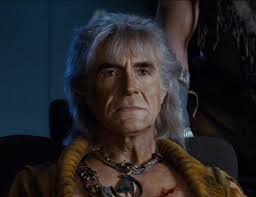khan
英 [kɑːn; kæn]
美 [kɑn]
- n. 可汗(对最高统治者的尊称);商队客店
- n. (Khan)人名;(瑞典)卡恩;(老、柬)坎
khan 可汗来自土耳其语kan,王子,主人,缩写自khaqan,统治者,词源同汉语可汗,成吉思汗。
- khan (n.)
- c. 1400, from Turkic, literally "lord, prince," contraction of khaqan "ruler, sovereign." Known in Europe since 13c.; compare Medieval Latin chanis, Greek kanes, Old French chan.
- 1. In Europe, Aga Khan III presented himself in a completely different light.
- 在欧洲,阿迦汗三世表现得完全是另一副样子。
来自柯林斯例句
- 2. Pakistan's Jansher Khan has won the men's final at the Singapore Open.
- 巴基斯坦的詹谢尔汗取得了新加坡公开赛男子决赛的胜利。
来自柯林斯例句
- 3. David Khan pointed his finger at Mary.
- 戴维·卡恩用手指指着玛丽。
来自柯林斯例句
- 4. Her politics are somewhere to the right of Genghis Khan.
- 她的政治观点属于极右。
来自《权威词典》
- 5. On form, the Aga Khan's horse is likely to win the race.
- 根据近来训练状况, 那位伊斯兰教首领的马可能获胜.
来自《简明英汉词典》
[ khan 造句 ]
